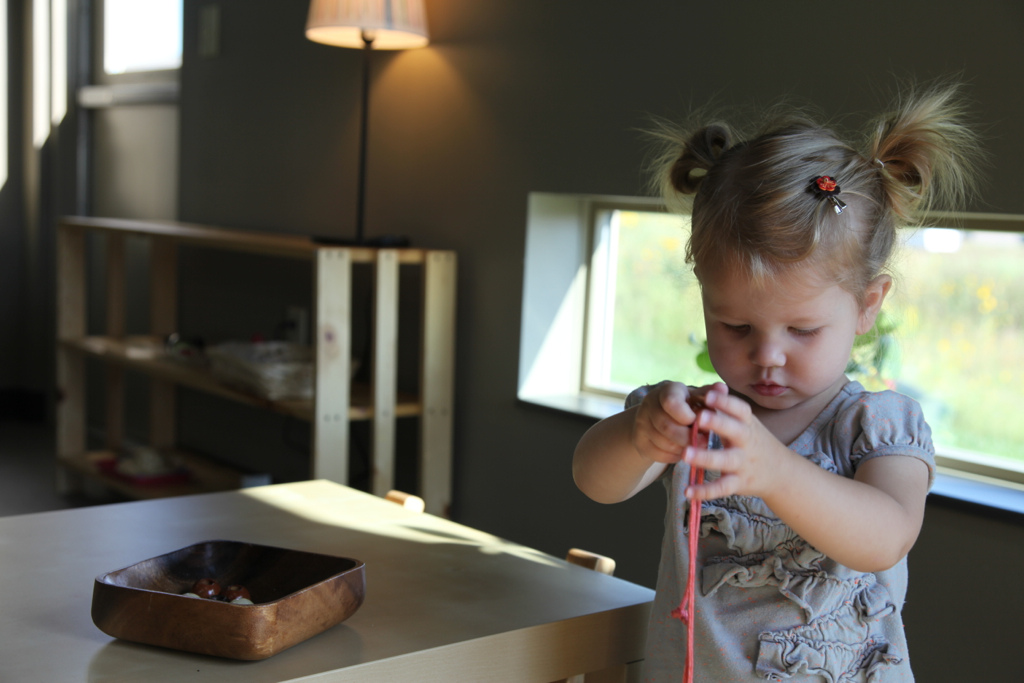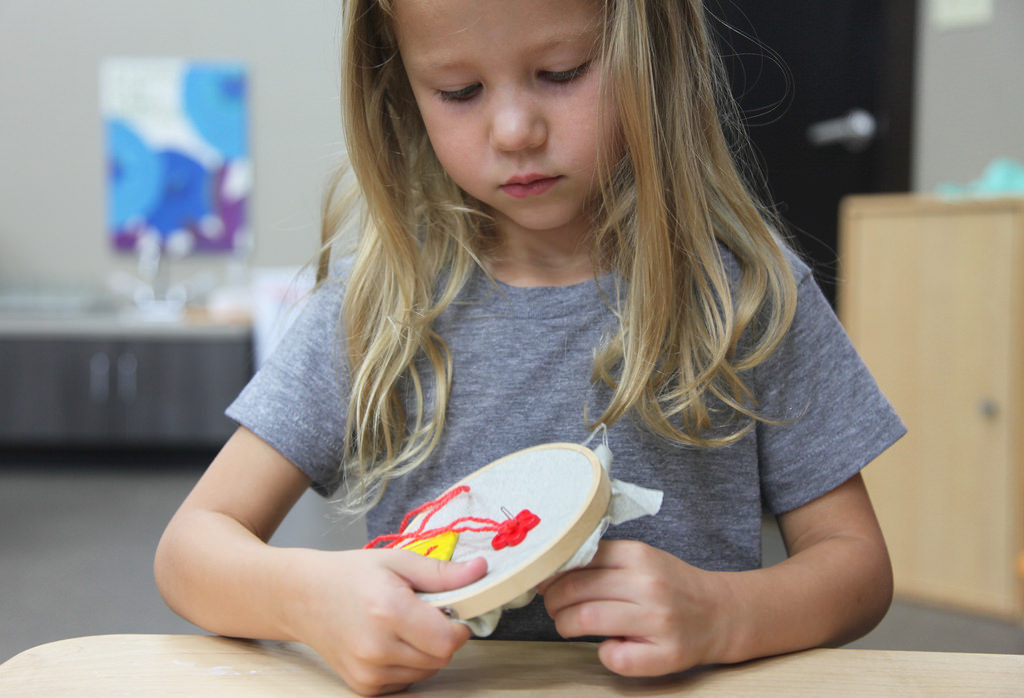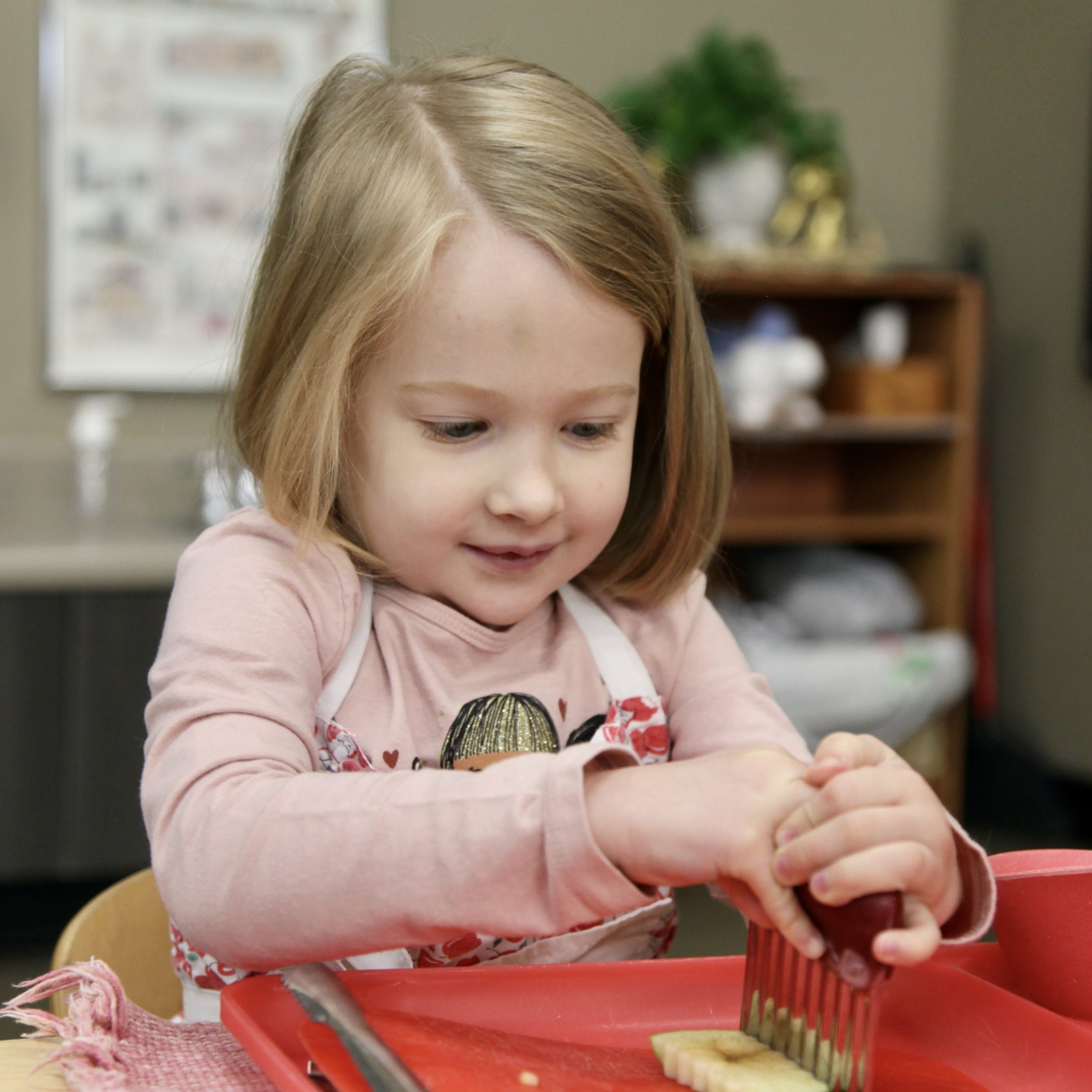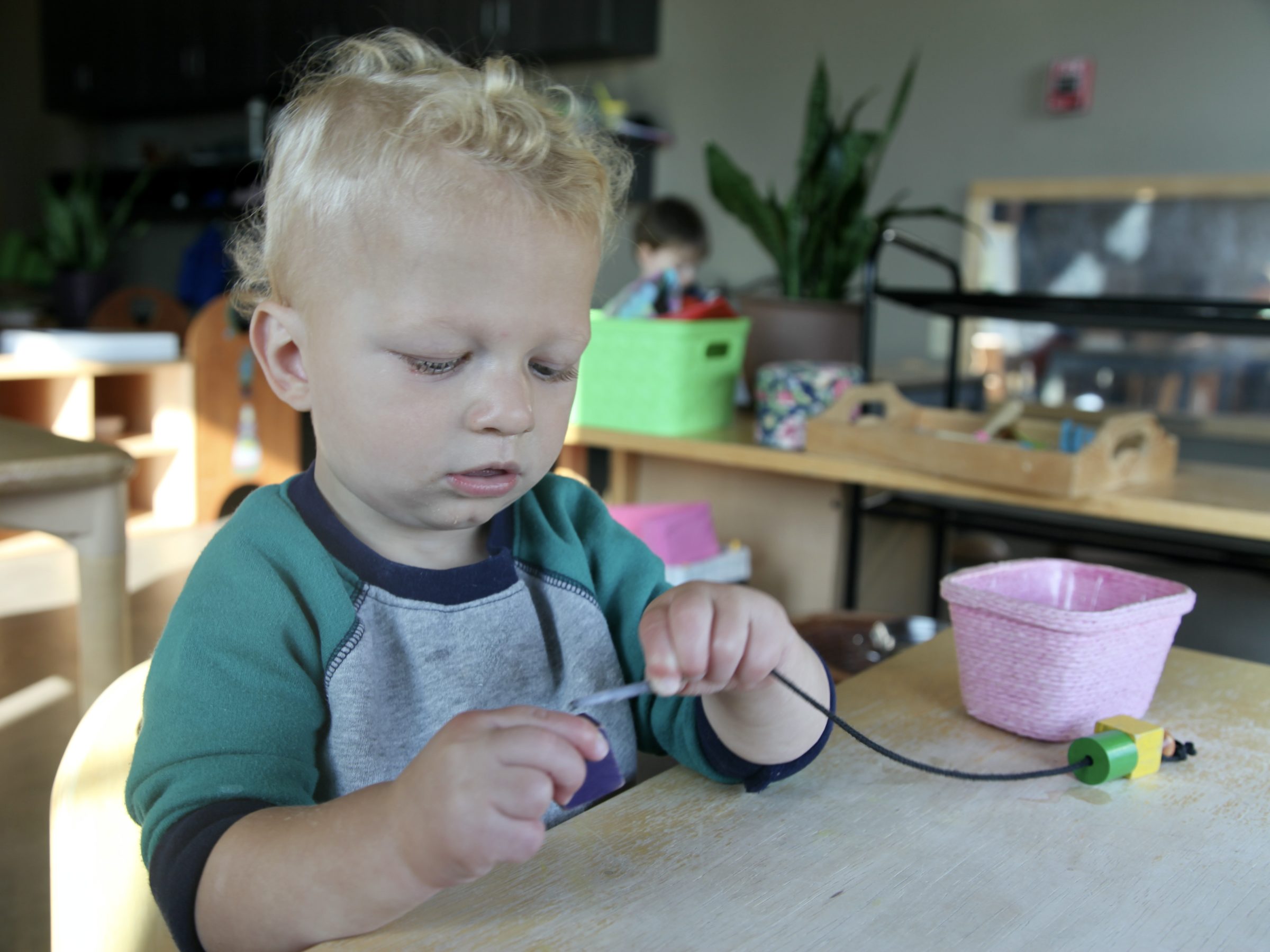Change
Podcasts
Frederick Douglass said, “Without a struggle, there can be no progress.”
But, sometimes, the struggle can be just that — painful. Arduous. Seemingly unending.
Is there anything worse than seeing a loved one struggle?
Change is hard, but it is inevitable. Sometimes change is exciting — a new baby, moving, a new classroom or school — but even the most wonderful change is still, indeed, change.
It is easy to expect that a good change will never be hard. If I’m being honest about a change, I might give it a bit of leeway, expecting my life and routine to be disrupted slightly, but not too dramatically, and certainly not for any length of time. A common trap to fall into is that if the change starts off well, it will be smooth sailing.
“It is easy to expect that a good change will never be hard.”
Adults have the ability for foresight — to imagine what life will look like on the other side of the transition. We can do things “because it’s good for me.” We can be uncomfortable for an extended time because we can remember, “I wanted this job in this new city, yes it’s hard now, but we’ve done this before, all this discomfort will be worth it.”
Change is dynamic. One day adopting a new habit is easy, another it’s probably the hardest thing you’ve ever done. One day you find yourself questioning why you made this decision, resenting the change if it wasn’t under your control, the next thinking, this isn’t so bad, I can see living my life like this.
If we have difficult moments with change, how much more difficult must it be for a young child?
Children do not yet have the ability for foresight. They cannot yet see the other side of the bridge, the light at the end of the tunnel of transition. The momentary pain we experience is multiplied when you don’t know when it’s going to end, when you cannot imagine being comfortable with this new situation.
The school year is getting rolling. Things are well underway. We’re establishing strong routines, we’re forming relationships, we’re figuring out the children and they’re figuring out us.
But we’re still at the beginning.
Particularly for the brand new children, particularly in a Montessori classroom where a child will remain for three or sometimes even more years, we’re so freshly at the start. This is the long-game, and we have to respect the true vastness of this bridge we’re crossing together.

A child starting at a new school is undergoing an easily visible change. They might have been at a different school or daycare, or at home with a primary caregiver. Coming to this new place might at first be thrilling, or scary, and it’s definitely going to be a big adjustment. Some children have a wonderful first few days, and suddenly drop offs are difficult, or there are tears, or tummy aches emerge right on the way out the door.
A child moving up to a new classroom is going through a change as well. They are moving from a place where they knew everyone, where they were familiar with the routine, where they were the oldest and the biggest. Now, in this new space, they are little again. There are probably more children. Items on the shelves look familiar but not identical.
Even a child returning to the same classroom is experiencing change. In the multi-age Montessori classroom, most but not all children are returning. Some children have moved on to a different school or a different classroom. Your role in the classroom has changed — you’re no longer the youngest. New children are coming in who are looking up to you. You are that leader you’ve looked up to.
“If we have difficult moments with change, how much more difficult must it be for a young child?”
Though not as apparent as the first example, the children in the second and third examples are also going through a transition. At the beginning of every new year, not just for the new children, but for the returning children, for the teachers, for the group, we say, give it six weeks.
When you’ve moved, when there’s a baby, when there’s any kind of big change, give it six weeks. Be particularly patient and gentle with yourself, and with your child. If one day is fine and they next is tearful, if one moment is tantrums and the next is giggles, just wait. Recognize the gravity of the change, and breathe. This change is good for you, for your family, for your child. This is what we’re doing now. And, at the end of six weeks, it just might be what your life looks like, not a cloud in sight.
Change is such a tumultuous time, and we find ourselves chatting about it a lot. How to help children and families navigate change as smoothly as possible. For more conversation on this topic, listen to this podcast.
Written by:
Charlotte Snyder



